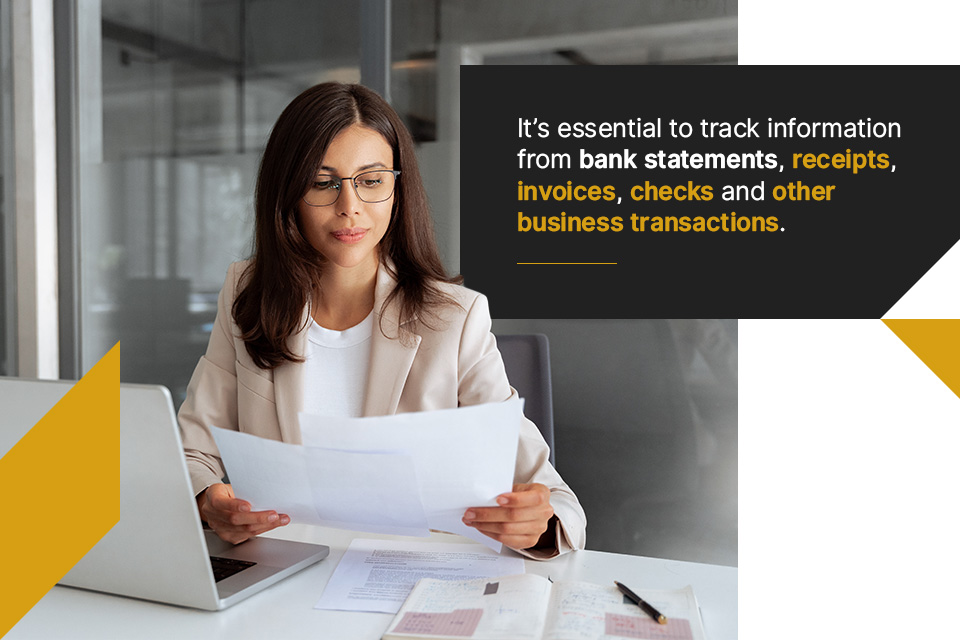Accounting for Real Estate: Everything You Need to Know

As a real estate business, it’s best not to overlook the value of accounting. Whether you’re a small or a large enterprise, real estate accounting services can help your organization get the insights needed to maintain and scale your company while aligning with relevant government requirements.
What Is Accounting for Real Estate?
Accounting for real estate involves tracking and managing real estate financials, which include transactions from buying, selling, and purchasing properties. These services help your team gain a clearer overview of the company’s cash flow, making it easier to gauge where and how you can expand your real estate offerings — or if cutting costs is necessary.
Real estate accounting also includes preparing and reviewing tax reports, which include information on real estate or property taxes. It also prepares your business for a financial audit, ensuring you’re compliant with legislation.
Benefits of Accounting Services for Real Estate
With accounting for real estate, you get to measure your business’s economic performance and strategize on how to position yourself in the industry. It helps you make data-driven decisions on your future projects or purchases.
Accounting services also help you learn more about your properties’ revenue and business expenses, catch red flags more easily and avoid potentially catastrophic losses. Businesses can optimize spending for tax deductions, too.
Depending on the state of the economy, your accountants may perform inflation accounting if needed. During seasons of high inflation, basic accounting may provide financial data that is irrelevant due to the fluctuating value of the dollar. Inflation accounting uses index prices to provide a more realistic picture of your business’s financial state.
What Is a Property Accountant?
A property accountant is an accountant who specializes in real estate properties. They can be well-versed in real estate taxes, so you can be more certain of the accuracy of your documents. Similar to other types of accountants, a property accountant manages your business income and expenses and helps you comply with legislation.
Accounting vs. Bookkeeping for Real Estate Agents
Accounting is not the same as bookkeeping. A bookkeeper may be able to perform basic accounting, such as recording financial transactions. However, accountants, especially certified public accountants (CPAs), are capable of larger and more complex accounting tasks.
For instance, a managerial accountant focuses on using financial data to make business decisions. A cost accountant, on the other hand, focuses on the costs related to production. Tax accountants concentrate their services on taxes.
Even if you’re a small business with relatively simple financials, hiring an accountant can be a highly beneficial move to enhance financial management and make the most out of every dollar you earn.
Real Estate Accounting Best Practices
Accounting and real estate work go hand in hand to ensure business growth. This type of accounting mostly involves tracking financial transactions, conducting monthly reviews and using this information to make business decisions.
Keeping the following best practices in mind can help your company enhance its accounting and ultimately improve operations.
Keep Personal and Business Spending Separate
Separating your personal and business spending involves opening a business bank account. There are a few reasons why you’ll want to do this:
- Easier financial management: Since you’ll be using your financial data as a reference for your business decisions, having a clear history of your business expenses can make it easier, especially if you’re a large business. This can make tax season simpler, too.
- Liability protection: If you’re not a sole proprietor, having a separate business account protects you from personal liability. You won’t be personally responsible for any debt or liabilities of your business.
- Professionalism: Even if you’re not thinking of taking a business loan in the near future, when that time comes, having a separate business account with a clear-cut history of your business expenses can make you look good in front of lenders.
Track the Right Information

It’s essential to track information from bank statements, receipts, invoices, checks and other business transactions. To ensure you’re getting the full overview of your real estate business, your accountant should take note of the following costs:
- Property acquisitions
- Property maintenance expenses
- Rental income and mortgage payments
- Commissions of your real estate agents
- Association and brokerage fees
- Transportation costs
- Professional development and licensing fees
- Advertising and marketing expenses
- Administrative expenses
Categorize these expenses properly for a smoother taxation process. It can help you identify options for tax deductions. Plus, it will enable you to showcase your reports more accurately to demonstrate your real estate business’s true performance.
Keep Local Requirements in Mind
Your business must prioritize certain financial rules and regulations, especially those regarding taxes.
Your tax accountant should be familiar with relevant legislation at the federal, state and local levels. For instance, the Internal Revenue Service (IRS) states that all rental income should be shown on your tax return. Keeping a record of your rental expenses is important, and your business should be able to showcase documentation if the IRS audits your company.
By learning these regulations, you can also benefit from tax deductions and other benefits.
Ensure Accuracy in Your Reports
Your financial data should be accurate, which is why monthly reviews are necessary. Before you create financial reports from this data, you’ll need to watch out for discrepancies and correct the numbers accordingly.
Once you’re certain of their accuracy, you can then create reports, such as:
- Balance sheets.
- Income statements.
- Cash flow statements.
Ensuring your financial reports are accurate will help you make better and well-informed business decisions.
Use Effective Accounting Software
In relation to accuracy, using accounting software can reduce the chances of human error from manually tracking your business transactions.
Accounting software will also simplify the work and increase your accountant’s efficiency. For instance, the software may automate expense tracking, invoicing and financial reporting. These programs are typically cloud-based, enabling you to review the information from anywhere with any device.
You can find accounting software programs tailored to the unique needs of the real estate industry.
Let Marshall Jones Do the Work for You
Marshall Jones has been working with Atlanta businesses for over 30 years through our certified public accountants and advisors.
Count on our experts to deliver the real estate accounting services your business needs so you can sit back, relax and enjoy greater peace of mind. Stop worrying about managing your own business finances, and let our team do the work for you. Let us help you save time, refocus your resources and improve your operations.
Our accountants are proud to be accessible — you can contact them conveniently by call, video chat, text or email.
Learn more about our services today!

